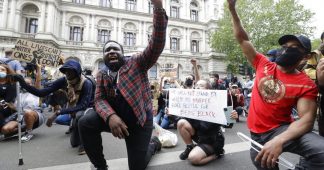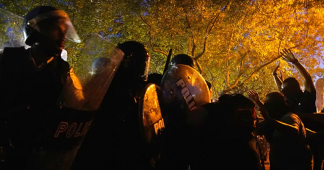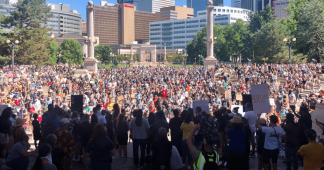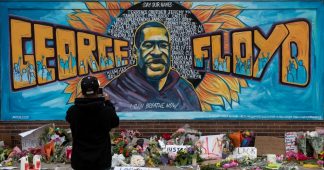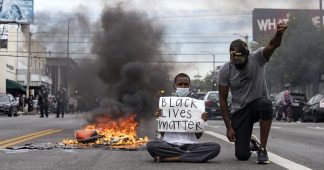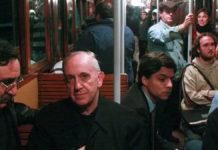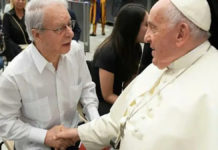By August H. Nimtz Jr.
“We should be outraged but not surprised.” The death of George Floyd is the latest instantiation of this almost now commonplace expression.
Different this time, however, was Tuesday’s early evening protest. I’m referring to the thousands, maybe five, in Minnesota’s largest city who gathered peacefully but determined to vent their anger at the latest outrage on the part of the Minneapolis police force. Though the mainstream media, not surprisingly, focused on the violent acts of anger at the end of the mass mobilization — and since then — the important story is what happened three hours earlier.
The mobilization was one of the largest protests against police brutality since the 1992 Rodney King demonstration in the city. For an African-American of my generation, I still marvel at the racially diverse composition of anti-police brutality protests today, virtually absent in the 1960s. Tuesday’s action, like 1992, was in its majority Caucasian.
A different context: the pandemic
Indisputable is the very different context, one in which state and local authorities feel they have power to command citizens to stay home — the pandemic. Minneapolis Mayor Jacob Frey, in fact, said earlier in the day that if masked and “socially distanced” protesters could exercise First Amendment rights — as if we needed his permission.
So striking about the protest was how inconspicuous the mayor’s police force was. He clearly had them on a short leash. The masses marshaled themselves — many masks but not a lot of “social distancing.” George Floyd’s death would have made any kind of intervention of the police to enforce the mayor’s latest executive order an even more explosive scenario.

